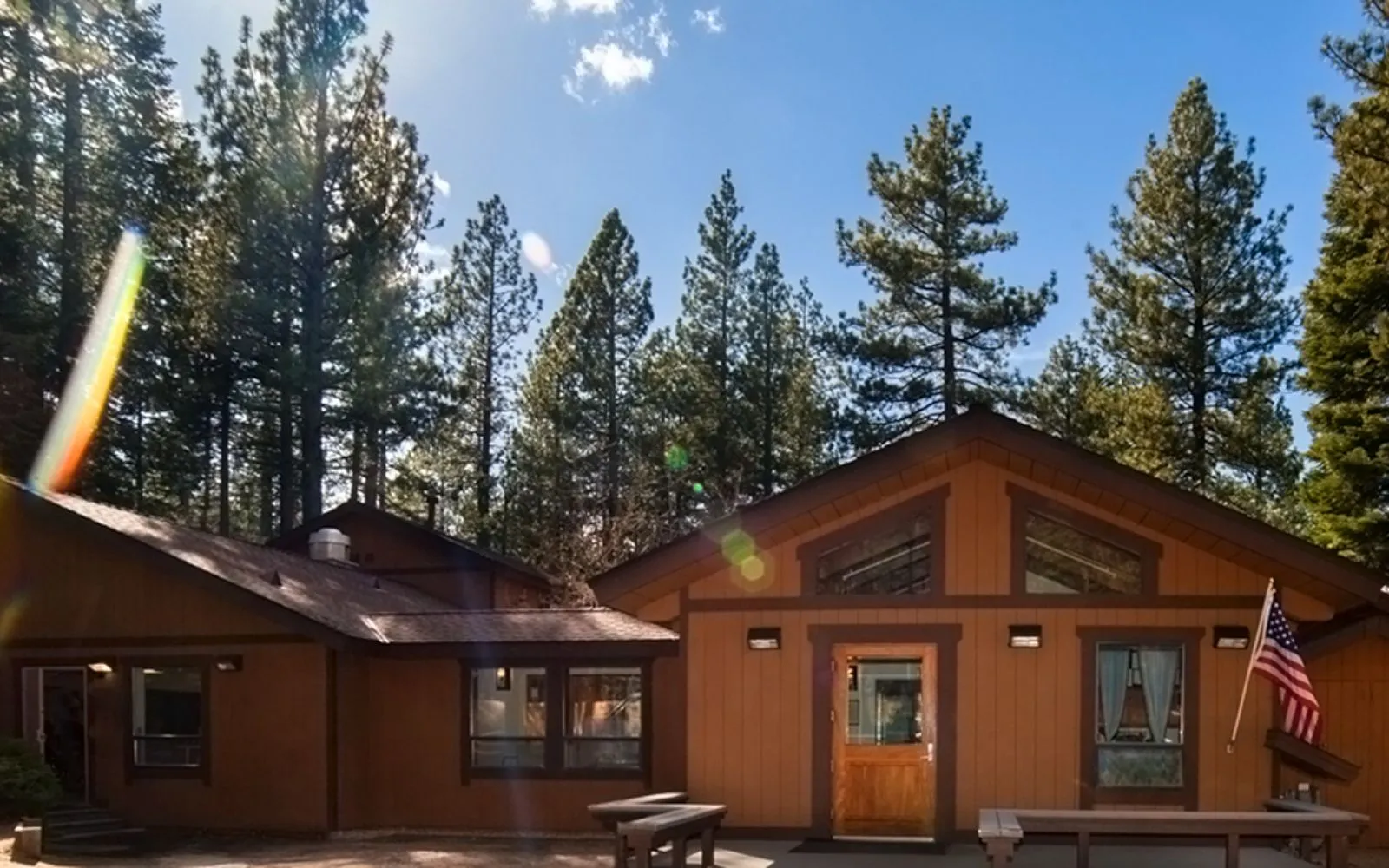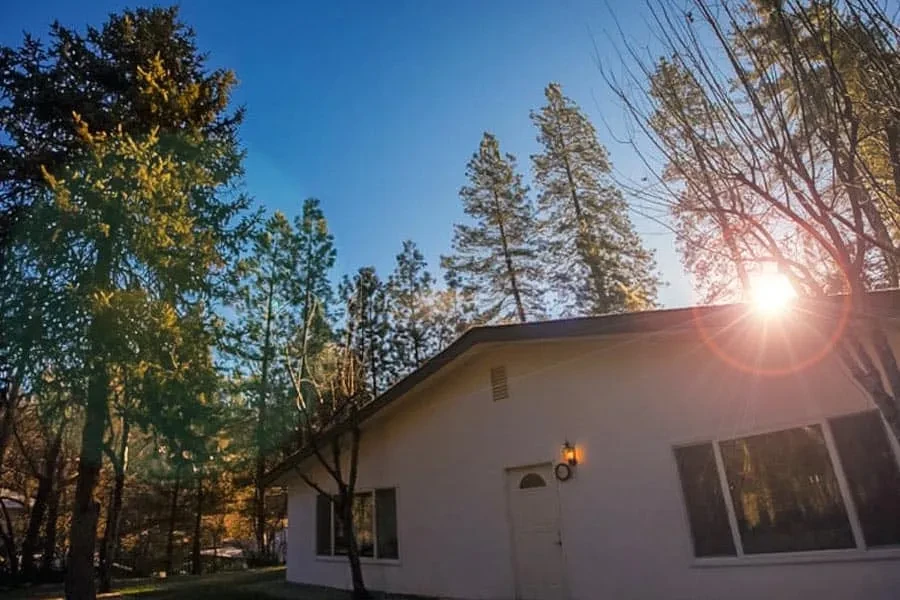Elevate Addiction Services Information
Treatment
Who We Treat
- Young Adults (18–25)
- Adults
- Seniors/Older Adults
- Midlife Adults
- Older Adults
- Male and Female
- LGBTQ+
- Executives
- Mild Disabilities
Treatment Focus
- Detox
- Co-Occurring Disorders
- Non 12 Step
Approaches
- Evidence-Based
- Family Therapy
- Holistic
- Non 12 Step
- Experiential
- Cognitive Behavioral Therapy (CBT)
- Rational Emotive Behavior Therapy (REBT)
- 1-on-1 Counseling
- Meditation & Mindfulness
- Online Therapy
Conditions We Treat
- Depression
- Anxiety
- Bipolar Disorder
- Post Traumatic Stress Disorder (PTSD)
- Burnout
- Grief & Loss
- Codependency
- Grief and Loss
- Anger
- Bipolar
- Stress
- Co-Occurring Disorders
Substances We Treat
- Alcohol
- Benzodiazepines
- Chronic Relapse
- Heroin
- Cocaine
- MDMA/Ecstasy
- Ecstasy
- Psychedelics
Languages
- English
Aftercare
- Relapse Prevention Planning
- Aftercare Recovery Coach
- Online Aftercare
- Follow-up Sessions (online)
- Follow-up Sessions (in-person)
- Return Visits
- Ability to Call a Counselor
- Alumni Events & Get-Togethers
Level of Care
- Detox
Experience
On-Site Amenities
- Beach Access
- Pool
- Access to Nature
- Airport Transfers
- Basketball Court
- Fitness Center
- Gardens
- Internet Access
- Ocean View
Personal Amenities
- Bathroom Essentials
- Outdoor Space (connected to room)
- Private or Shared Rooms
- TV
On-Site Activities
- Farming
- Gardening
- Alternative Meetings
- Hiking
- Volleyball
- Physical Fitness
- Swimming
Off-Site Activities
- Yoga
- Adventure Outings
- Beach Walks
- Games
- Hiking
- Volleyball
- Physical Fitness
- Reading
- Sightseeing
Special Considerations
- Family Program
- Gender-specific groups
- Dietary Accommodations
- Gluten-Free
- Center Pets
- Flexible technology policies
- Healthy Meals are provided
- Halal
- Kosher
Accreditations
-
The Joint Commission
The Joint Commission accreditation for addiction and behavioral health signifies that a facility has met rigorous standards in patient care, treatment, and safety. This recognition assures patients and professionals of the facility's commitment to providing high-quality, evidence-based care in the fields of addiction and behavioral health, fostering trust and confidence in their services.

-
NAATP
The National Association of Addiction Treatment Providers (NAATP) accreditation is a recognized standard within the field of addiction and behavioral health. This accreditation signifies that a treatment provider has undergone a rigorous evaluation process to ensure the quality and effectiveness of its programs and services. NAATP accreditation serves as a valuable marker of a provider's commitment to adhering to established industry standards, offering evidence-based treatments, and prioritizing the well-being of individuals seeking addiction and behavioral health support.

-
State department of health
Government agencies issue State Licenses, granting permission to rehabilitation organizations to conduct their business operations lawfully within specific geographic regions. Generally, the particular rehabilitation programs offered by a facility and its physical location dictate the necessary licenses needed for legal operation.

-
LegitScript
Only after successfully completing a rigorous application process, programs and services achieve LegitScript certification. This process, which commenced in 2018, aims to qualify only reputable providers of mental health and co-occurring substance abuse treatment for inclusion on Google's network while ensuring compliance with HIPAA privacy laws.

Additional Locations
Elevate Addiction Services Accepts The Following Insurance Plans
Find the best treatment options. Call our free and confidential helpline today!




























